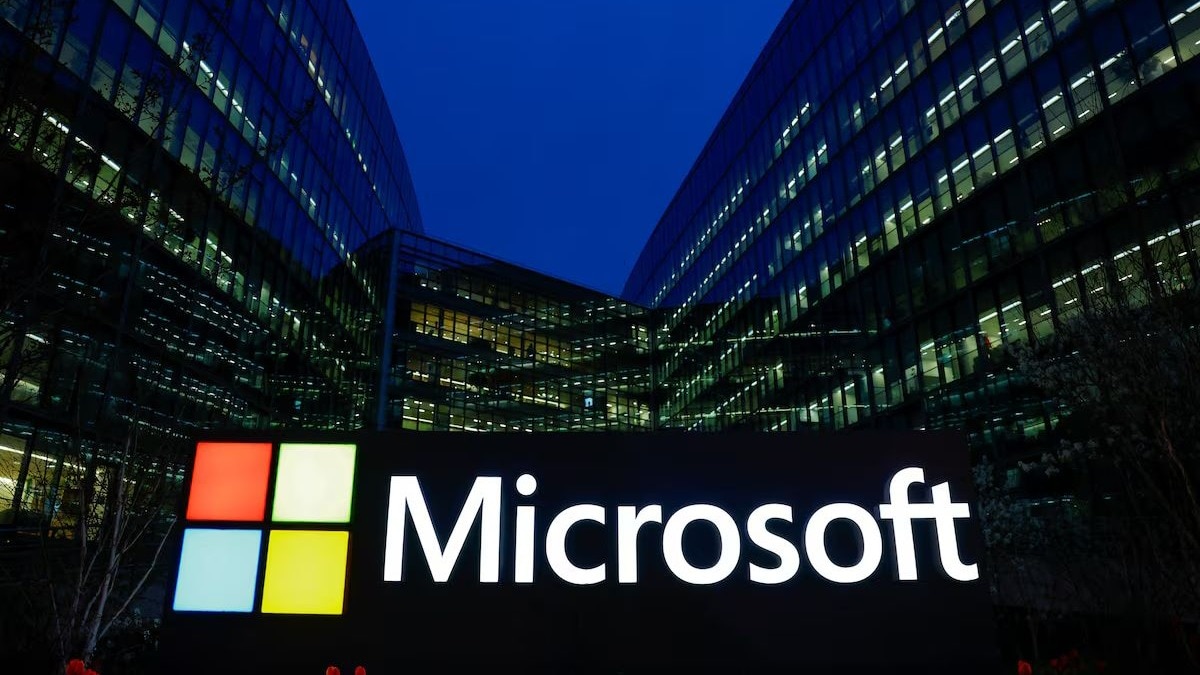‘No one even told me personally’: 60 year old Microsoft veteran opens up about being laid off after 30 years
For more than three decades, Mike Kostersitz had one constant in his life — Microsoft. He joined the company when personal computers were just becoming mainstream and built his entire career there, rising to the role of principal product manager lead on the Azure team.
So when the 60-year-old received a sudden meeting invite one morning in May, he didn’t think much of it. The day before, his team had met a senior leader, and everything had seemed normal. But what followed caught him completely off guard.
“Me and 120 other anonymous faces got told our jobs had been eliminated,” said Kostersitz, who lives in Washington state. His manager and two of his direct reports were also affected, along with about 6,000 others across the company.
The news, he said, came without any warning or personal communication.
“After 31 years, you would expect at least your manager or your VP or somebody to come to you and say, ‘Hey Mike, this is going to happen and here is why,'” he said.
As reported by Business Insider, Kostersitz’s story is one of many from long-time employees caught in the wave of Big Tech layoffs over the past year. Microsoft’s job cuts, the company said, were part of its effort to simplify structures and reduce management layers. But for those who’ve given decades to the organisation, the shift felt abrupt and deeply personal.
The layoff came as a shock. Kostersitz took a few days to process what had happened before beginning his job search — something he hadn’t done in decades. Over the past few months, he has interviewed with companies like Nvidia and Nike. One opportunity looks promising, but he hasn’t landed a job yet.
He said his first reaction wasn’t anger towards Microsoft. After spending more than half his life there, he still feels grateful for the experiences and friendships he built. What he does appreciate is Microsoft’s “55 and 15” policy — which allows employees aged 55 or older, with at least 15 consecutive years at the company, to keep vesting their stock even after leaving.
That policy, combined with his severance and savings, has given him some financial breathing space. Kostersitz said he and his wife can manage for about two years without dipping into their retirement funds. Still, the sudden uncertainty made him think about early retirement.
“Technically, we could retire,” he said. “Would it be a huge change of lifestyle? Absolutely.”
Re-entering the job market after 31 years was not easy. For most of his career, Kostersitz had been the one interviewing candidates, not sending résumés. To adapt, he hired a career coach to help him rewrite his résumé, update his LinkedIn profile, and tailor his applications for modern hiring systems.
Microsoft also provided a career advisor as part of its layoff support. The advisor suggested he “de-age” his résumé by removing roles from the 1980s and ’90s. His LinkedIn now lists experience only from 2003 onward.
Kostersitz began applying for director-level roles in product or program management across both tech and non-tech companies — including Google, Apple, and Nordstrom. A referral from an Nvidia employee helped him land an interview, but so far, progress has been slow.
He said one of the biggest challenges in interviews is knowing which parts of his long career to highlight.
“It’s like, I have 30 years of stories for you. Which one do you want to hear?” he said.
Despite the frustration, he hasn’t lost hope. His career advisor told him that in today’s job market, persistence often matters more than experience.
“They said it’s a game of chicken right now. The person who has the longer breath and can stick it out longer will get the job.”
For many long-time employees like Kostersitz, the Big Tech dream isn’t what it used to be — loyalty, it seems, no longer guarantees security.


